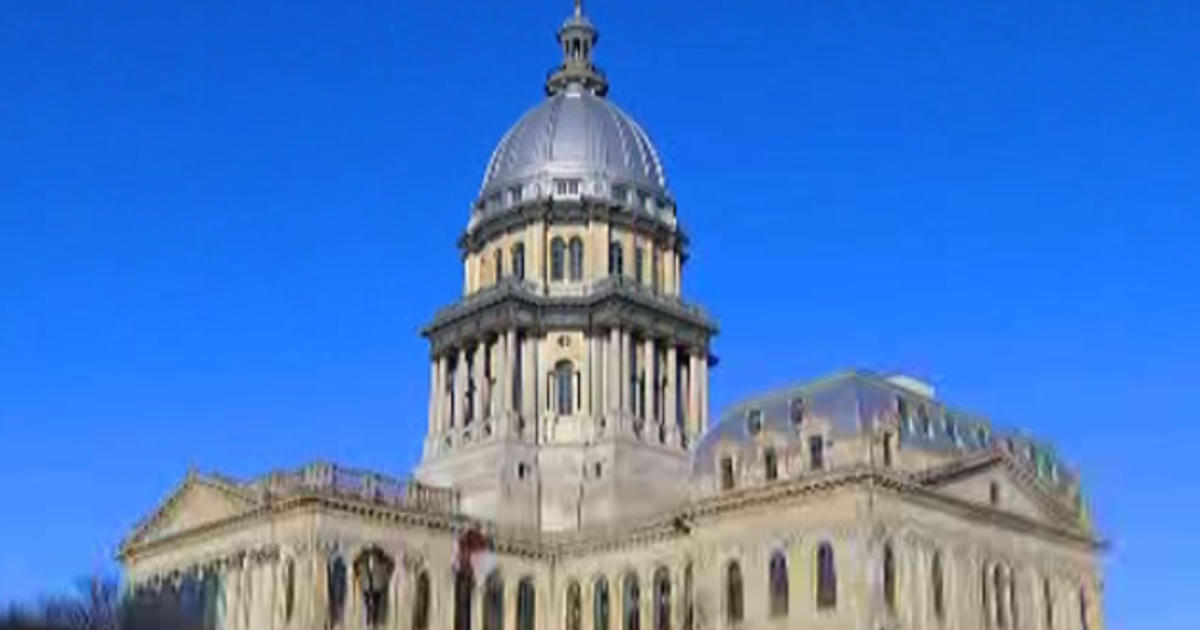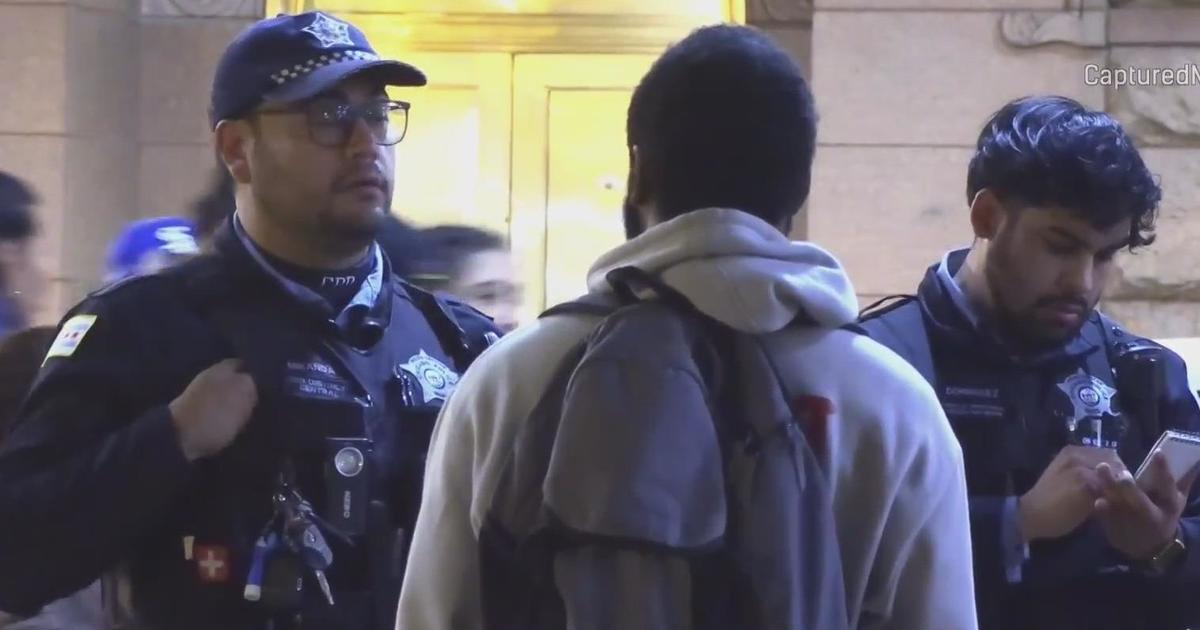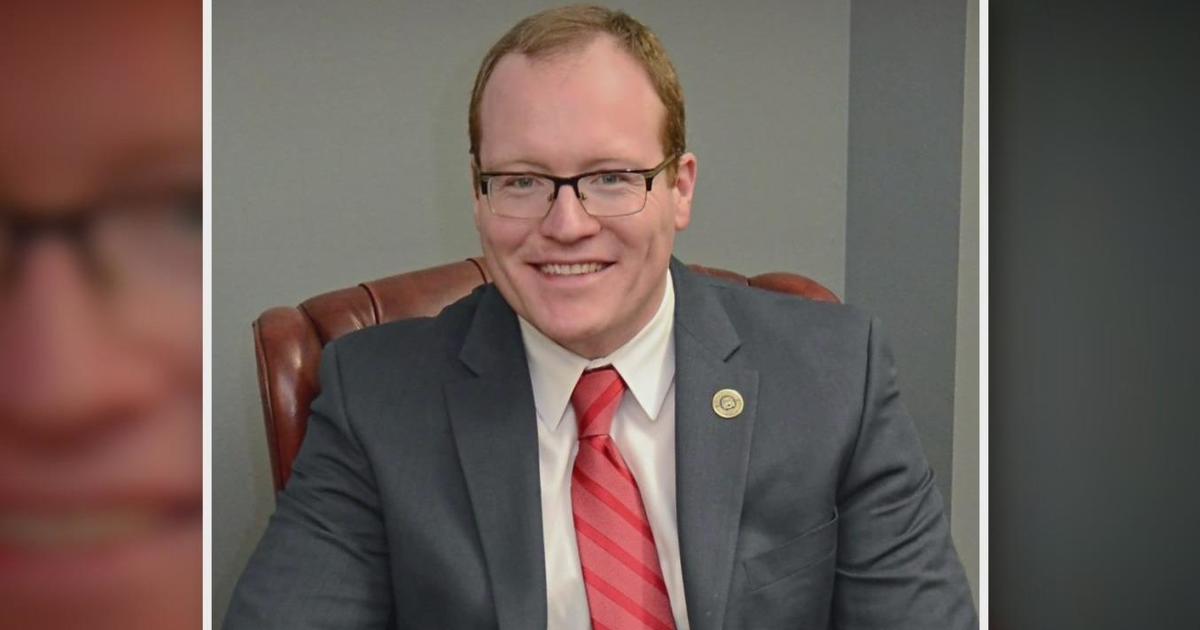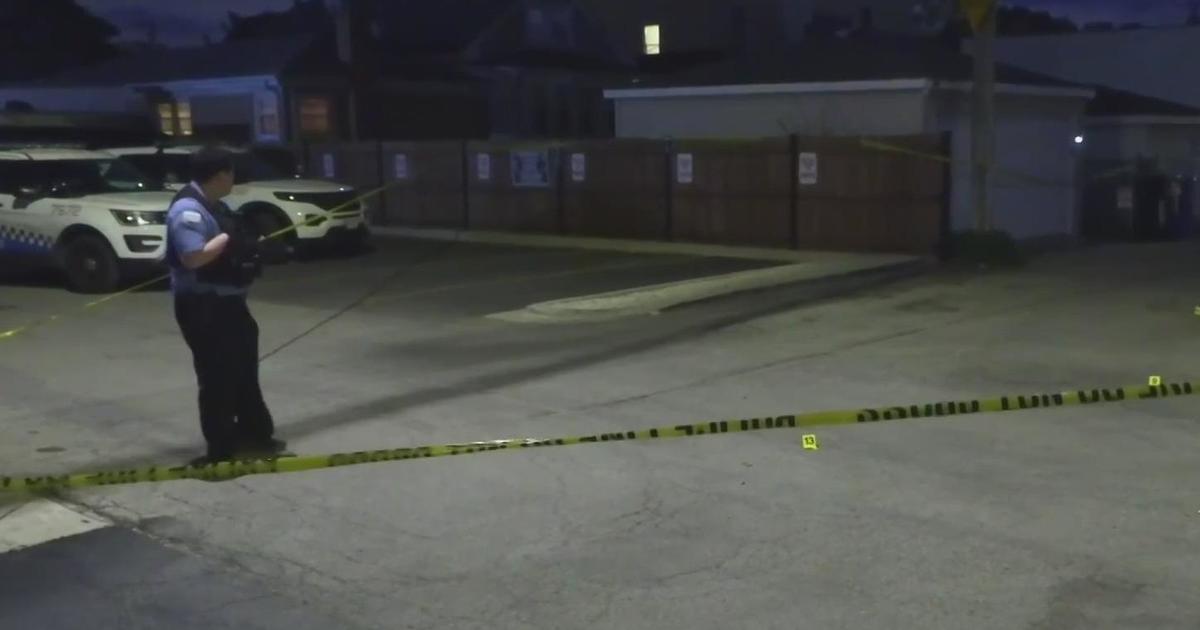Income Tax Hike Advances In Springfield
Updated 1/11/11 - 8:23 p.m.
SPRINGFIELD, ILL. (CBS) - A major increase in state income taxes has squeaked through the Illinois House as lawmakers search for a way to solve a historic budget crisis.
The tax would set the personal tax rate at 5 percent, up from 3 percent now. That would be a 66 percent increase. Corporate taxes would climb, too.
Gov. Pat Quinn's office says the tax increase would generate about $6.8 billion a year.
The increase passed 60-57. It now goes to the state Senate, which could still vote Tuesday night.
In a possible setback, around 6 p.m. Tuesday, the House voted down a proposal to raise the state's 98 cent per pack cigarette tax by $1. That plan had been considered a sweetener for inner-city lawmakers who were on the fence about the income tax hike.
The Democratic tax plan wouldn't raise taxes as high as originally planned, but would generate $7 billion in new revenue.
The proposed income tax would rise from 3 percent to 5 percent, rather than 5.25 percent as first proposed -- or an increase of 66 percent, rather than 75 percent.
The business tax rate would rise from 4.8 percent to 7 percent, instead of the 8.4 percent rate originally proposed. Businesses in Illinois also pay a "Personal Property Replacement Tax" equal to 2.5 percent of income, so the plan would effectively raise the corporate income tax rate to 9.5 percent.
If the tax plan isn't approved Tuesday night, lawmakers will have to start all over again after the new General Assembly is sworn in on Wednesday. Although Democrats will still control both the House and Senate, their majorities in both chambers will shrink.
LISTEN: Newsradio 780's Dave Dahl reports
Podcast
The battle lines were clearly drawn when the measure was debated in a the House Revenue Committee.
"You just can't operate as a deadbeat state; and we're already characterized as that in the national press, by the rating agencies," Illinois Budget Director David Vaught told the committee, pushing for the tax deal hammered out between his boss, Gov. Pat Quinn, and Democratic legislative leaders.
"We're essentially tied with California now for the lowest bond ratings in the country and if we don't act on this, we're gonna be at the very bottom," Vaught said.
Illinois State Sen. Mike Murphy (R-Palatine) countered that, "Our bond rating is already the worst of all the states in the country. What would be really good for our bond rating is if there was some courage in this building among the leadership to actually seriously cut spending."
In committee, the battle lines were clearly drawn along party lines on how to act. Even one of those Republicans thought to be sympathetic spoke out against it.
Rep. Roger Eddy (R-Hutsonville) asked, "Where are the cuts? Where are the real reductions in spending?"
Vaught said that, because the tax plan would set a cap on spending – or else the tax hike would go away – any increases in spending in one area would force cuts elsewhere.
"Those increases that are included in the cap are gonna force real spending reductions elsewhere in what I call discretionary spending," Vaught said.
The most heated debate was over the proposal to increase the state's corporate income tax from 4.8 percent to 7 percent.
"In the past several months, Governor Quinn and every lawmaker has promised to help create jobs and grow the economy," Illinois Manufactures' Association President Greg Baise said. "Based on this particular legislation, the only businesses that will benefit ... are the moving companies that will be helping many of my members move out of this particular state."
In the end, the committee vote was along party lines, but that doesn't guarantee victory in the full House, even though Democrats control 70 seats – more than the 60-vote majority needed to pass legislation.
House Majority Leader Barbara Flynn Currie (D-Chicago) acknowledged that not every Democrat was behind the plan as of Tuesday afternoon and supporters haven't picked up the Republican votes they've been hoping for.
"We still might get a few Republicans. We're working on it every which way to Sunday," Currie said. "I hope we'll have them by the time we call the bill on the floor."
Democratic lawmakers have been searching for votes in a last-minute effort to fix the state's budget deficit, which could hit an estimated $15 billion this year. The deficit is so large that the government is borrowing money to make its annual contribution to retirement systems and is months behind in paying bills.
Rep. Frank Mautino (D-Spring Valley), a key budget negotiator for the House Democrats, said if the state doesn't come up with more revenue soon, it will be unable to pay its own workers, much less contractors and outside service agencies already owed millions.
"We, sometime in April, will have a payless Friday, where the cash flow of the state of Illinois will not be able to go to, not only state workers, but anyone we owe," Mautino said.
Murphy pointed the finger at Democrats for letting the budget deficit get so large in the first place.
"It's doomsday because their legislative majorities are gonna get whittled down tomorrow because the voters decided they didn't want the type of governance that got us into this situation in the first place," Murphy said.
Democratic leaders want to pass something before the current General Assembly formally ends Wednesday at noon. After that, they lose some of their Democratic majority as well as "lame duck'' legislators who might be persuaded to support a tax increase as they leave office.
But opponents say there should not be a tax increase right away, and instead, the new legislature should examine the state budget and chop away any unnecessary spending first.
CBS 2 Chief Correspondent Jay Levine spoke to House Speaker Mike Madigan (D-Chicago) about the plan late Monday, after Madigan left a meeting with the governor.
"There are a lot of moving parts, so that's just one thing," Madigan said.
Still, some early morning customers at the Golden Apple Diner, 2971 N. Lincoln Ave., said the tax hike was simply necessary.
"We live in this state. I think we should do as much as we can to support the state, and if it has to raise from 3 to 5 percent, I guess we just have to trust the decisions of the people that we voted for," said Rick Quinn.



